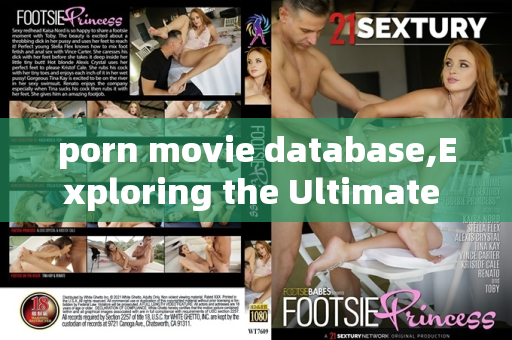
In recent days, the internet has been abuzz with discussions surrounding the Charissa Thompson leak, a revelation that seems to have taken both fans and critics by surprise. Charissa Thompson, a well-known sports broadcaster and television personality, has always maintained a relatively private life, but this leak has peeled back layers of her personal and professional identity, unveiling secrets that many were not aware of. As a prominent figure in sports journalism, her insights and experiences carry weight, making this leak particularly significant.
The leak, which surfaced on various social media platforms, included a collection of personal messages, photographs, and possibly internal communications that shed light on Thompson’s thoughts and feelings about her career, relationships, and the challenges she faces in the public eye. It appears that the leaked materials reveal not just her professional aspirations, but also vulnerabilities that many of her followers may have never considered. This unexpected exposure raises questions about privacy, consent, and the moral implications of sharing personal information without permission.
One of the most intriguing aspects of the Charissa Thompson leak is the way it highlights the duality of celebrity culture. On one hand, fans often idolize figures like Thompson, viewing them as untouchable or existing in a realm of perfection. On the other hand, leaks of this nature remind the public that these individuals also grapple with insecurities, doubts, and life’s everyday struggles. The leaked content has spurred conversations about the unrealistic expectations placed on public figures and the humanizing effect of seeing them in a more relatable light.
In the wake of the leak, responses have been mixed. Some fans expressed sympathy for Thompson, acknowledging the discomfort that comes with having personal matters made public. Others, however, criticized the breach of privacy, emphasizing that everyone deserves the right to keep their personal lives private. These discussions reflect broader societal issues about the balance between public persona and private life, especially in an age where digital information can easily be disseminated without consent.
Moreover, the Charissa Thompson leak serves as a cautionary tale about the fragility of privacy in the digital age. With the rise of social media and the ease of sharing content, it is increasingly challenging for individuals to maintain boundaries between their public and personal lives. This incident may encourage both celebrities and everyday individuals to be more vigilant about the information they share online and the potential consequences that may arise from it.
Ultimately, the Charissa Thompson leak has become more than just a sensational story; it is a reflection of the complexities surrounding fame, privacy, and the human experience. As the dust settles, it remains to be seen how Thompson will address the situation and what, if any, impact it will have on her career moving forward. For now, the incident serves as a reminder of the delicate balance between public interest and personal privacy, a topic that is becoming increasingly relevant in today’s interconnected world.









